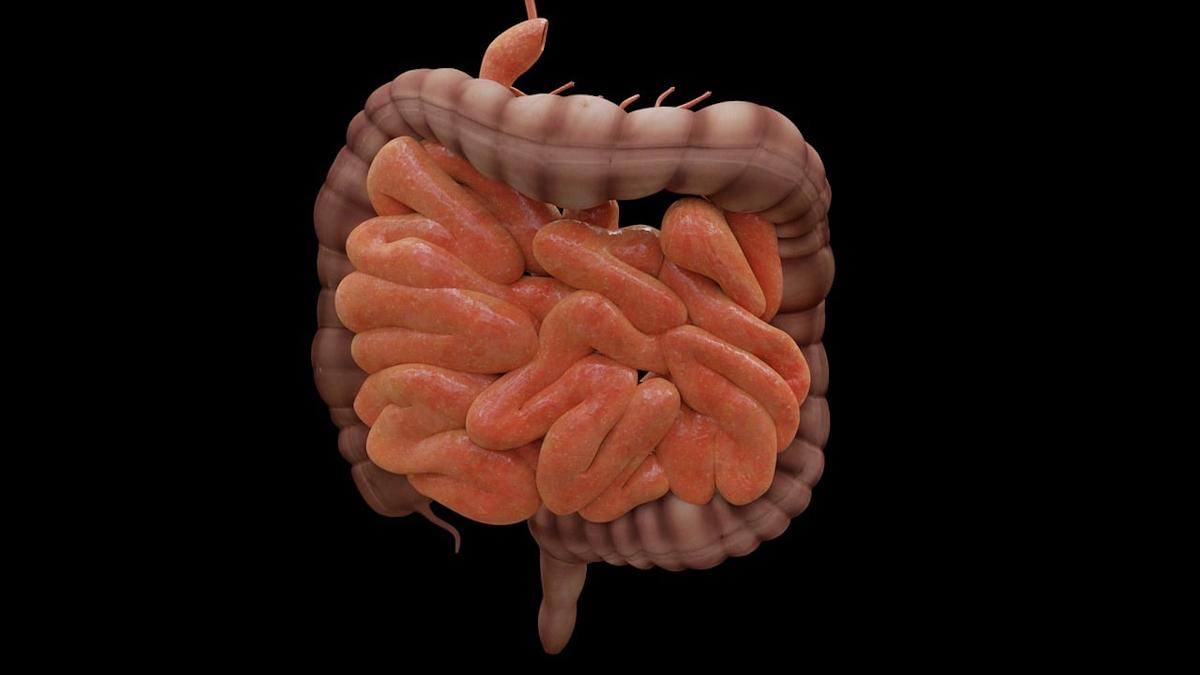Teva, Sanofi score well with anti-TL1A drug in IBD test

Armed with positive data from a phase 2b trial, Teva and Sanofi have decided to push their anti-TL1A antibody duvakitug into a phase 3 programme in inflammatory bowel disease (IBD).
The results of the RELIEVE UCCD study in patients with moderate-to-severe ulcerative colitis (UC) and Crohn's disease suggest a "best-in-class potential" for the drug, which Sanofi licensed from Teva in a deal valued at around $1.5 billion last year.
TL1A – or tumour necrosis factor-like ligand 1A – has become something of a hot topic in IBD, with other candidates also in mid- to late-stage clinical development. MSD's tulisokibart is already in phase 3 testing, while Roche's RG6631 (formerly RVT-3101) is scheduled to start phase 3 before the end of this year.
The promise of the class has driven some big-ticket M&A activity. In 2023, MSD bought tulisokibart as part of its $10.8 billion takeover of Prometheus Biosciences, while Roche snapped up RG6631 as part of its purchase of Telavant for $7.1 billion. And, earlier this year, AbbVie agreed a deal worth up to $1.7 billion with FutureGen Biopharmaceutical for an anti-TL1A antibody still in preclinical development.
In RELIEVE UCCD, 36.2% of UC patients treated with a low dose of duvakitug achieved clinical remission by week 14, compared to 20.45% of a placebo group. For a high-dose group, those figures rose to 47.8% and 27.4%, respectively.
Similarly, among the Crohn's cohort, the low dose achieved an endoscopic remission in 26.1% of patients, versus 13% with placebo, rising to 47.8% with the high dose and 34.8% for the matched control.
The treatment effect was consistent across subgroups and safety data revealed no serious side effect signals, according to Teva and Sanofi, who noted that this is the first trial of an anti-TL1A antibody in Crohn's.
Sanofi's head of R&D, Houman Ashrafian, called the results "unprecedented," adding that duvakitug could represent the "next frontier" in the treatment of Crohn's and UC if the scale of improvement seen in the phase 2b trial is matched in phase 3.
The TL1A drug would serve as a companion to Sanofi and partner Regeneron's multibillion-dollar blockbuster Dupixent (dupilumab), which is approved across several indications, including atopic dermatitis, and is also in clinical testing for UC. Meanwhile, Sanofi also has an RIPK1 inhibitor, eclitasertib, in phase 2 for UC.
Sanofi's licensing deal for duvakitug included an upfront payment of $490 million and around $990 million in milestone payments, with the two companies sharing development costs.












